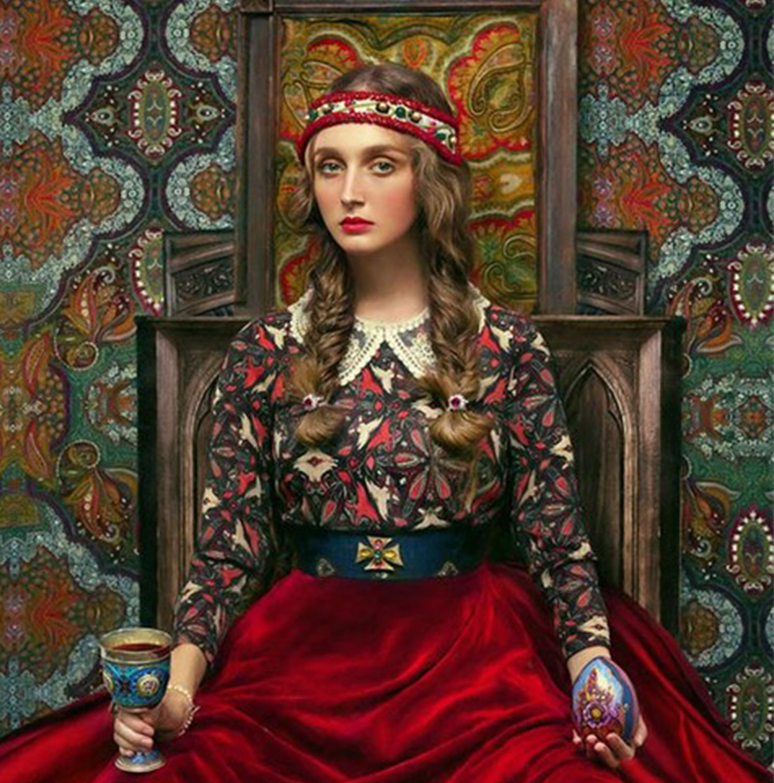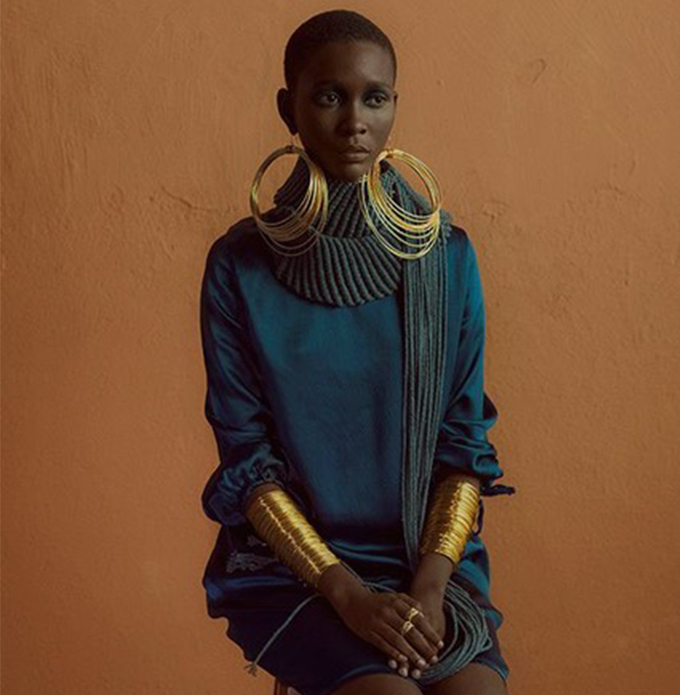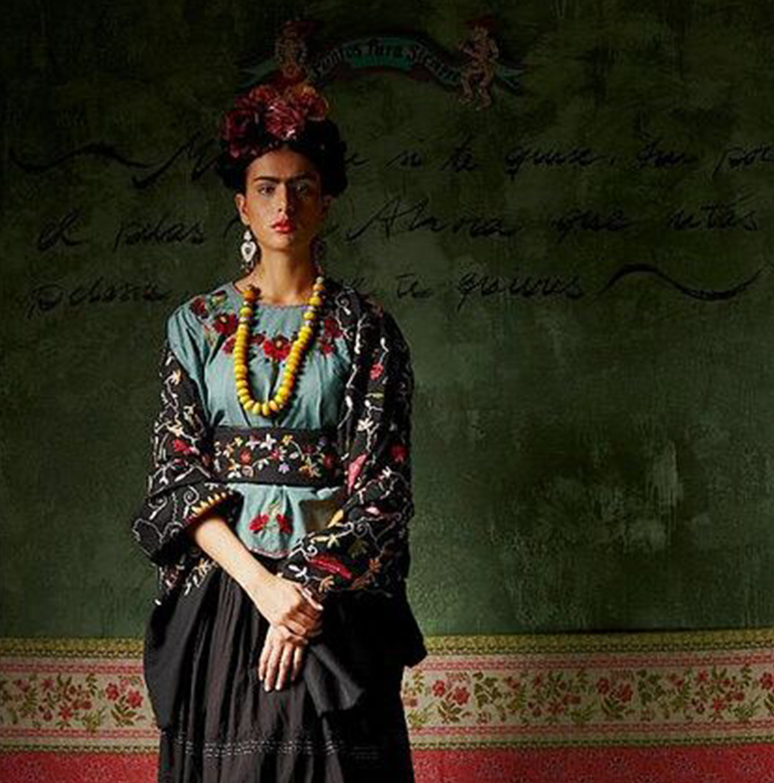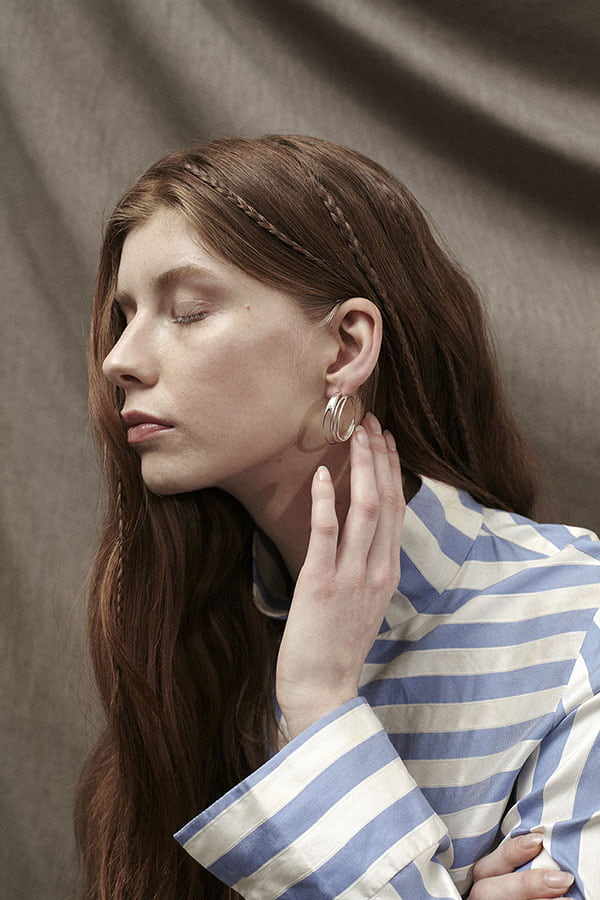History

The world of fashion, beyond the hype
AFFAIRES ÉTRANGÈRES was born out of a realisation that all cultures are full of beauty, and that fashion is a great way to encourage relationships and bonding. Whether in Paris, London, New York or Milan, anyone can now wear clothing or accessories that tell their own story, with their own roots.
The AFFAIRES ÉTRANGÈRES label identifies designers for you, selecting the ones that wish to share and exchange their expertise. And because fashion is all about craftsmanship as well as art, we put it in perspective with other artistic fields.
Who is your label aimed at?
First and foremost, women who like fashion. The kind of fashion that uses pieces from other cultures as its inspiration, every year, adopting and adapting them in their own style. AFFAIRES ÉTRANGÈRES is aimed at anyone who has a feel for the sense of harmony exuding from a traditional Mongolian costume, the blend of colours in Masai costumes, the outfits worn by the Tuaregs, traditional Guatemalan woven fabrics and refined Japanese kimonos. Because it’s clear that expertise has also developed and grown elsewhere, just as beauty speaks through the material, cut and shape of a dress, coat or piece of jewellery elsewhere.
In addition, AFFAIRES ÉTRANGÈRES is aimed at women as well as men who want to experience fashion through art, exploring and relationships with others. This concept store aims to send everyone on a true journey.
What is your background?
I come from Lyon. After studying architecture, I joined a famous ready-to-wear brand. I stayed there for 20 years, including ten years as International Business Director.


What made you want to create AFFAIRES ÉTRANGÈRES?
This experience on the international circuit led me to notice a trend: from Dubai to Helsinki, from Riyadh to Reykjavik, it was clear that fashion offers were becoming standardised. In 2002, I discovered Kuwait. It was a real shock to the system, like a true revelation. I was intrigued by the effort that went into the abaya, the long, usually black cloak worn by most Kuwaiti women: it could be floaty, made from luxurious fabrics, sometimes embroidered, lacy or accentuated with sequins. Each woman gave this standardised garment her own unique and exclusive character. With the growth of luxury and ready-to-wear brands, the abaya began to decline and I could see what Kuwaiti women were wearing. These women had fun with colours and layering, interpreting and adapting styles with the emphasis on femininity. They mixed up traditional and cultural clothing with a western twist to create unusual outfits, blurring the boundaries between cultures to bring a brand new identity to fashion products. Kuwaiti women brought their own alternative to standardisation to the world of fashion, playing on unique combinations. With this in mind, I built the foundations for AFFAIRES ÉTRANGÈRES: a cross-cultural label that brings fashion and forms of art together, exploring and bonding along the way.
